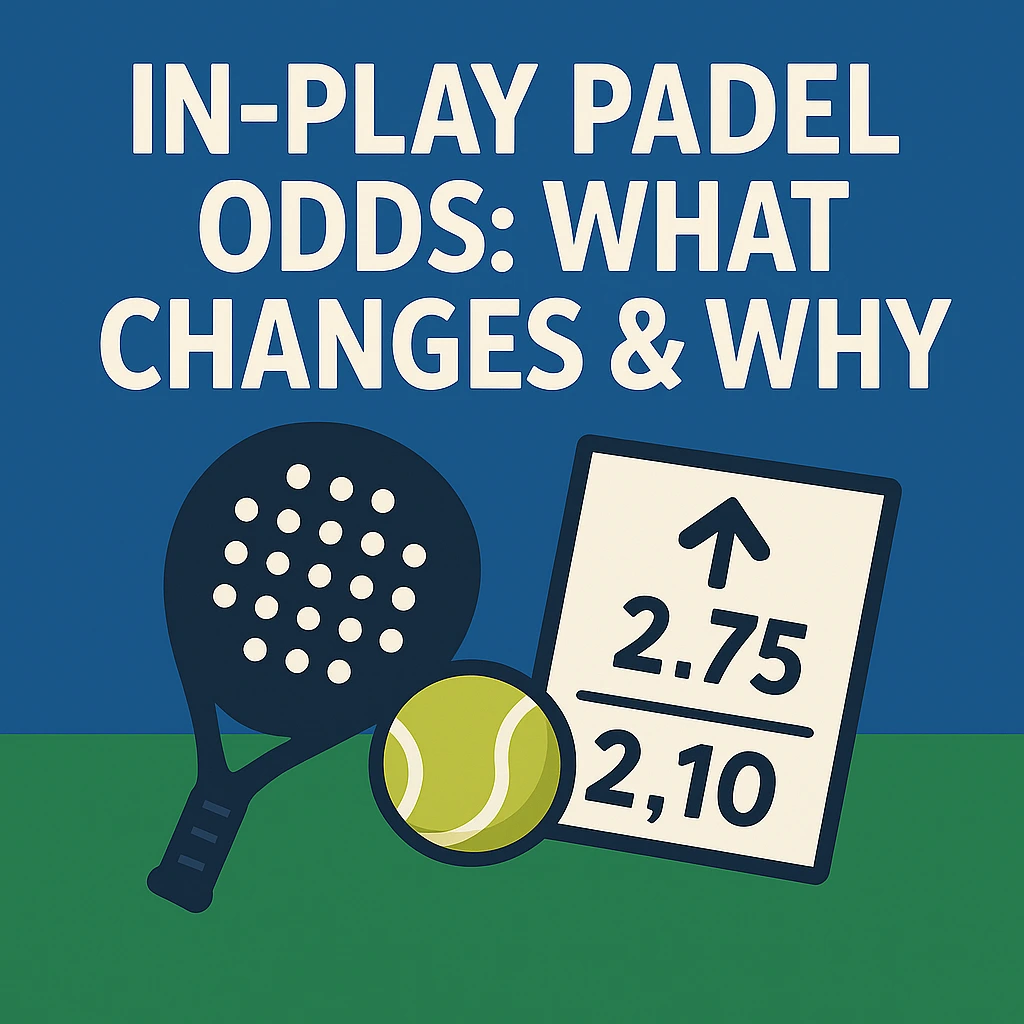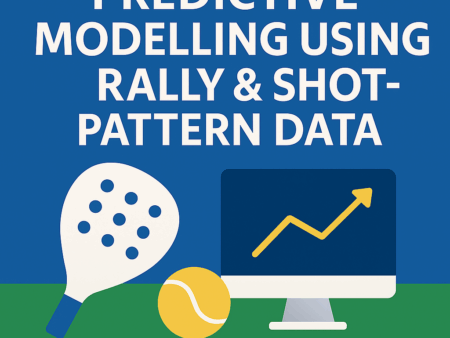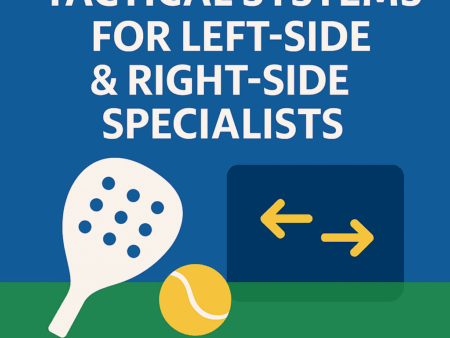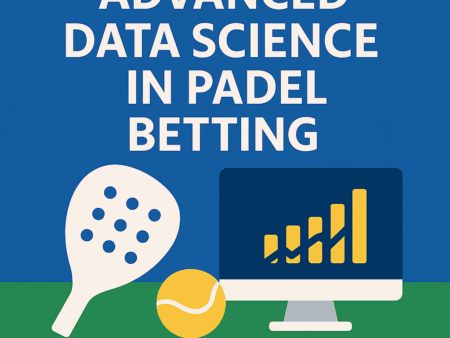The Ultimate Guide to Padel Betting

In-play (live) padel odds shift constantly throughout a match. Unlike pre-match markets — which rely on long-term data, rankings & broad performance indicators — live odds are dynamic, reacting to every point, break & momentum swing.
This guide explains exactly why live odds move, the hidden signals behind those movements & how you can use them to your advantage.
What Are In-Play Padel Odds?
In-play odds are betting lines updated during a padel match.
They change based on:
- Scoreline
- Momentum
- Player performance
- External conditions
- Tactical adjustments
The speed of padel — short rallies, frequent breaks, sudden shifts — makes live odds extremely volatile & exploitable.
The 6 Main Factors That Change In-Play Odds
1. Current Score (Primary Driver)
Every point impacts win probability.
Examples:
- An early break of serve → odds shift heavily
- A tiebreak → odds flip every few points
But score alone is not enough to judge match direction.
2. Momentum Swings
Padel momentum changes every 3–5 points.
Momentum indicators:
- Successful net rushes
- Consecutive forced errors
- Break-back pressure
- Increased communication between partners
Bookmakers adjust odds after momentum becomes obvious — giving bettors a window.
3. Serve/Return Performance
If a team is:
- Returning aggressively
- Finding deep lob returns
- Forcing volleys below net height
Their live odds shorten quickly.
Likewise, poor returning or weak second serves push odds higher.
4. Playing Conditions (Especially Outdoors)
Wind, sun & humidity affect padel more than most sports.
A sudden wind shift can:
- Reduce smash accuracy
- Increase unforced errors
- Favour defensive lob-heavy teams
Odds move as soon as it’s clear one team struggles in new conditions.
5. Physical & Mental Fatigue
Fitness becomes a major factor in long rallies & three-set battles.
Signs odds may shift soon:
- Slower footwork
- More defensive lobs
- Hesitant net movement
- Shorter recovery times between points
Bookmakers react once fatigue becomes undeniable.
6. Tactical Adjustments
High-level teams adjust mid-match.
Examples:
- One player switches to more lobs
- A pair decides to target the weaker opponent
- Increased use of walls to extend rallies
Smart bettors spot tactical shifts before odds update.
Why In-Play Odds Move More in Padel Than Tennis
Padel features:
- More breaks of serve
- More momentum swings
- More forced errors
- More role-dependent play (left vs right side)
- Shorter, more frequent rallies
This makes live markets much more reactive.
Common In-Play Odds Mispricings
These are moments where bookmakers historically react late.
1. After an Early Break
Bookmakers often overreact to the first break.
If the stronger team is broken early, their odds may rise too much — creating value.
2. After a Long Tiebreak
Teams that lose tight tiebreaks often bounce back strongly.
Odds tend to misprice this.
3. When One Player Tilts
Visible frustration leads to errors, but odds update slower than performance.
Look for:
- Arguing
- Missed high balls
- Poor communication
4. During Weather Changes
Especially outdoors.
A smash-heavy team becomes vulnerable immediately, but odds move gradually.
Best Times to Bet In-Play
1. After a Momentum Shift (Before a Score Change)
If one team is controlling the net, errors are mounting, or tactics shift — bet before the scoreboard reflects it.
2. After a Favourite Loses a Set
Elite teams often recover.
Odds exaggerate this temporary dip.
3. When Wind Starts Affecting Play
Fade smash-dependent pairs.
4. When a Pair Shows Fatigue
Late-set fatigue is often decisive.
What NOT to Do in Live Betting
Avoid:
- Betting purely on score
- Chasing big odds swings emotionally
- Overreacting to a single point
- Betting when conditions are unpredictable (gusty wind)
- Blindly backing favourites after breaks
Keep calm & analyse performance signals.
Summary
In-play padel odds change based on:
- Scoreline
- Momentum
- Serve/return success
- Conditions
- Fatigue
- Tactical adjustments
The key to winning is recognising performance shifts before bookmakers fully price them in.
This page forms the foundation for upcoming guides on match momentum, live totals & advanced in-play modelling.



